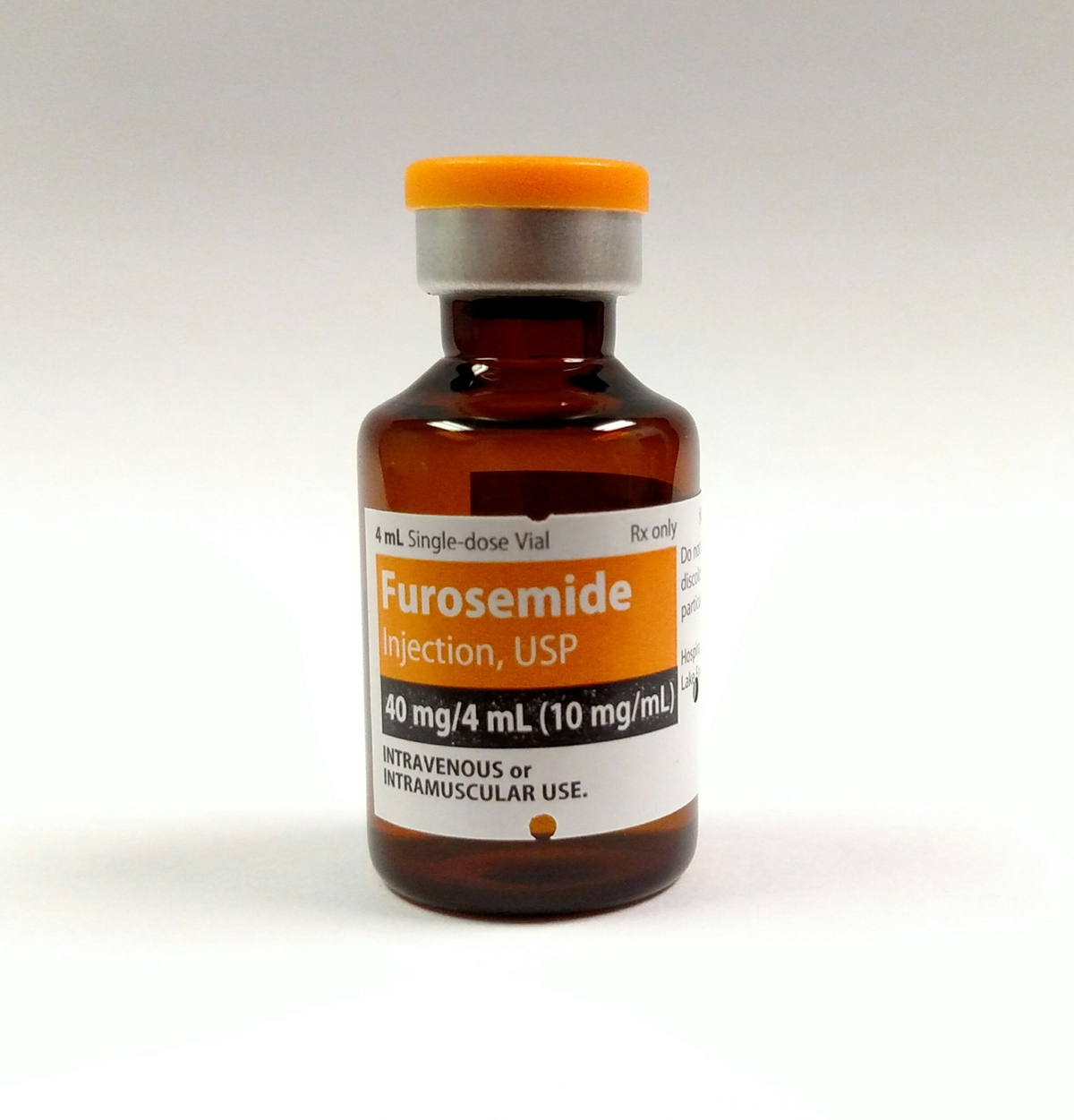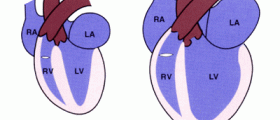
Furosemide
Furosemide is a medicine that is primarily used in the treatment of increased blood pressure. Due to the fact that it works as a diuretic and thus helps in the process of elimination of salt and water from the body, it is used in the treatment of congestive heart failure of cirrhosis, kidney failure and other conditions that result in swelling and the accumulation of fluid in some parts of the body.
How to use it and when to avoid it
It can be found in the form of tablet, and it should be taken every day at the same time, so that the level of this drug in the blood would always be the same. As for the doses, the doctor will determine it, because it depends on several factors, and some of them are the reason why furosemide has been prescribed, or other medicines that the patient might be using at the same time. If the person overdoses with this medicine which is also possible dehydration and lower blood pressure will be the first symptoms but they can further lead to other problems so it is important to be careful about the use of this drug.
It is not known whether this medicine affects the baby if a pregnant or breastfeeding woman uses it, so it is not really suggested to use it in such situations. The doctor should carefully consider all the pros and cons in the cases of patients who already suffer from diabetes gout, lupus, kidney or liver disease, because it can be better to find a good substitute to this medicine though sometimes some of these patients will have to be hospitalized and monitored if prescribed with this medicine.
Side effects of furosemide
All the side effects of this drug may be divided into those which are less serious and which do not require immediate medical attention, and those that are serious and do require medical attention. Symptoms such as headache, dry mouth, thirst, sleepiness, nausea, vomiting, low blood pressure, diarrhea and constipation may be enlisted in the first group. However the person who uses this medicine should be aware that none of these symptoms should be tolerated for a longer period of time or if persistent because medical help in such cases should also be sought. The symptoms and signs that require immediate attention are signs of jaundice, signs of allergic reaction high level of sugar in the blood, tachycardia, arrhythmia and anemia.

















Your thoughts on this
Loading...